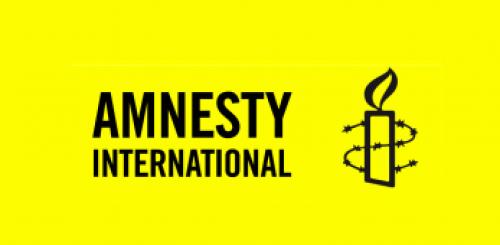In response to a decision by the International Committee of the Red Cross (ICRC) to pull 71 staff out of Yemen due to ongoing insecurity, threats and blocks to their work, Samah Hadid, Amnesty International’s Middle East Director of Campaigns, said:
“It is an unquestionably bleak moment when humanitarian workers, who are in Yemen to save lives, are themselves forced to flee in fear for their own lives. Yemeni civilians caught up in war and one of the world’s worst humanitarian crises have just lost a precious lifeline.
“The ICRC has served victims of armed conflict and violence in Yemen for more than five decades, but its activities have been repeatedly ‘blocked, threatened and directly targeted.’ This is a violation of international humanitarian law. In fact, deliberate attacks on humanitarian relief personnel amount to war crimes.
“If the conflict has proven too dangerous for humanitarian personnel, it is certainly too dangerous for civilians in need of urgent protection. We repeat the call we’ve made countless times in the past three years of Yemen’s conflict: all sides must respect and protect humanitarian personnel and facilities, and take every precaution to protect civilians caught up in the conflict.”
Background
On 21 April 2018, the head of ICRC’s detention programme in Yemen, Lebanese national Hanna Lahoud, died after unknown assailants shot at the ICRC vehicle he was travelling in on the outskirts of Ta’iz.
Amnesty International has documented anti-Huthi forces attacking hospitals and medical workers in Ta’iz, and has documented Huthi forces firing mortars that struck civilian areas, including a hospital in Hodeidah Governorate, killing a pharmacist and nurse and injuring a 13-year-old boy.
Saudi Arabia-led coalition air strikes on civilian objects have also put medical and humanitarian workers at risk. The Norwegian Refugee Council denounced a 5 June air strike by the Saudi Arabia-led coalition near one of its facilities in Sana’a.
On 22 June Amnesty International will release a new briefing on restrictions to humanitarian aid and essential goods amid Yemen’s conflict.





















